
For modern day pictures from Whitby-Here is a link for Nycom.
http://images.google.com/imgres?imgurl=http://www.nymcam.co.uk/030901l
We usually speak of Gwent and Monmouthshire and South Wales. I have , however, always been fascinated from Childhood about the story of Caedmon, which was told in my Junior School Reader (in the days when positive references to Christianity were allowed in schools.)
 _______
_______He is the story as I remember it.
In the North of England on the seacost round about the year 675AD is a small town called Whitby. In Anglo Saxon times it was called Streonæshalch and the name changed to Whitby when it was colonised by the Danes. Most of the people who live at Whitby at that time were fishermen abd the old red houses cling to the side of the cliff and right above are the ruins of Whitby Abbey. In that little town sixhundred years or so ago, before Henry the VIII wrecked the abbeys, Whitby Abbey would stand fair and white on the cliff. Instead of the red bouses (see link above) you would see small houses made of wood. You would not have seen the Abbey as it stood in its last hours. There would have been a much smaller Abbey in the smae place and would have been a group of lower buildings of rough grey stone. This is the Abbey which forms the background to the story.
In this Abbey lived both Monks and nuns, Traditionally a woman would have been head of such a mixed house and the head of this was a wise and stely woman called Abbess Hilda.
 . The monks and nuns were Catholic and Christian Saxons who lived apart from other people to worhip and praise God and do good works. They were like the monks who brought up ST Oswald. All round the Abbey in those days were the huts of the men who looked after the cattle of the abbey. Each night, one of these men slept in the cattle shed to guard the cows from robbers and thieves. Below the cliff, near the mouth of the river, lived the fishermen, then as now, who caught the fish for the monks ad nuns to eat.
. The monks and nuns were Catholic and Christian Saxons who lived apart from other people to worhip and praise God and do good works. They were like the monks who brought up ST Oswald. All round the Abbey in those days were the huts of the men who looked after the cattle of the abbey. Each night, one of these men slept in the cattle shed to guard the cows from robbers and thieves. Below the cliff, near the mouth of the river, lived the fishermen, then as now, who caught the fish for the monks ad nuns to eat.In those days, very few men indeed could read or write. In the long winter evenings they used to meet in one another's dwellings and there they told one another tales and sang songs and played the harp. The man who coldplay or sing the best or who could tell the best tales, soon became famous in all the countryside. Now near the Abbey of Whitby in those far off days ,lived a peasant called Caedmon. He was a herdsman of he Abbey. There was a hall belonging to the Abbey in which the men of the village used to meet and sing to the harp while they ate and drank together. They passed around a rich drink of beer and honey called mead. Each man drank in turn and when he had drunk he handed the cup on to his neighbour. After the mead-cup the harp went round and every man a, as it came to him had to sing or play something to the others. All the men of the village came to thses feasts and Caedmon came too. But when he saw it would soon be his turn to play the harp, he used to rise and slip away from the joyus fellowship, fo he had no skill at playing or singing.
Caedmon's Vision
Caedmon used to pray to Almighty GOd for ability to express himself either on the harp or in song.When it was his turn to sleep in the cattle shed one evening to guard against robbers, he left the feast again after eating, before the harp came to him and he could humilate himself trying to play it or sing. He went to the cattle shed early and lay down on the hay and went to sleep.
As he slept he dreamed that an angel came and stood by him and said'Caedmon. sing me something'. Caedmon answered 'My Lord, I cannot sing and therefore did I leave the feast' But the angel said to him 'Nevertheless, sing me something!' And Caedmon said 'What shall I sing? Then said the man, 'Sing of the beginning of all things' So Caedmon, who had never sung before sang in his dream of God's wisdom and glory and the Creation of the World.
The next morning when he woke up, he had not forgotton what he had sung in his dream but remembered all of it. Then he went to the head man of the village and told him what had happened. And the head man led him up to the abbey and the Abbess Hilda and she heard his story with great interest. She leaned forward to him and said:
'Caedmon, will you sing your song to me?' 'Indeed I will, my lady Abbess' he said. Everyone waited with bated breath, They knew Caedmon could not sing. Slowly Caedmon took breath and opened his throat, and from his mouth came a voice which was so sweet and melliflous, it rememinded them all of the sound they imagined would come from the mouth of angels on the night of the NAtivity of the Lord Jesus. She called together all the wise men of the area and the spoke to Caedmon and questioned him. Some of them read to him from the holy gospels and all they read to him turned into beautiful songs, which were quickly written down by scribes-because Caedmon could neither read nor write.
Caedmon is Honoured by the Abbess Hilda for is Gift from God
 ---
---The Abbess Hilda honoured the gift of God in her poor peasant Caedmon. She persuaded him to become a monk and received him into the Abbey. So he left behind him his herdsman's job and made wonderful hymns for the monks and nuns at the abbey. These songs were about the greatness and goodness of God and about his mighty works and turned the hearts of the people into goodness. Caedmon sang about the Creation of the world, the sun, the moon the stars, the heavens and also about the Old Testament stories which foreshadow those of the New Testament. Moses leading the eople home through the Red Sea, just as Christ leads us home through the World and our fallen human state into the arms of the Father.He also made the Life of Christ into a poem.
St Hilda of Whitby is the dedication of the Anglican Church, Panteg at Griffithstown after rebuilding from the original Celtic/Saxon Norman site at Panteg,.
The Death of Caedmon
When the time came, that Caedmon felt that death was near, he asked to be taken to a nearby house.This house was part of the Abbey, called the Infirmary, where all the sick were taken. ONe night, when Caedmon had been talking cheerfully with all the other sick people there , he asked for the Priest to come and bless him with the Sacrament of Extreme Unction and Viatacum.But the monks said, 'You don't need a priest yet, death is still far off' But he asked again and the priest came, heard Caedmon's confession, absolved him, annointed him with the holy oil, giving him the final Sacrament and blessed him. Caedmon said 'Will it be long before the dawn when the monks sing a morning hymn to God?' They replied 'Not Long'.Caedmon said 'Well let us await the dawn'..
Ane that morning, as the sun rose, and as all the monks began to pray mattins,Caedmon gave up his soul to God.
The only lines definately attributed to Caedmon are not lost.
Caedmon is one of twelve Anglo-Saxon poets identified in medieval sources, and one of only three for whom some contemporary biographical information and examples of poetry have survived. His story is told in the Historia ecclesiastica gentis Anglorum ("Ecclesiastical History of the English People") by St. Bede who wrote, "[t]here was in the Monastery of this Abbess a certain brother particularly remarkable for the Grace of God, who was wont to make religious verses, so that whatever was interpreted to him out of scripture, he soon after put the same into poetical expressions of much sweetness and humility in English, which was his native language. By his verse the minds of many were often excited to despise the world, and to aspire to heaven."
Anglo-Saxon
Nu scylun hergan hefaenricaes uard
metudæs maecti end his modgidanc
uerc uuldurfadur— sue he uundra gihuaes
eci dryctin or astelidæ
he aerist scop aelda barnum
heben til hrofe haleg scepen
tha middungeard moncynnæs uard
eci dryctin æfter tiadæ
firum foldu frea allmectig
Modern English
Now let us praise the guardian of the Heavenly Kingdom!
The Might of the Creator and the thoughts of His mind!
The glorious Father of Mankind. So He, the Eternal Lord,
Created every Wonder from the beginning.
He first made Heaven as a roof
For the children of Mankind;-he the Holy Creator.
He, the Guardian of Mankind, the Eternal God.
Afterwards, he made heaven to dwell upon.
He the Almighty God.

There are more poems, which it is believed Caedmon may have written but this can not definately be proved as such. Nevertheless it is a strong story, how beauty and praise and artistry can be found in all men, especally when God calls them.From now on, with the Saxons making inroads into Gwent right up to the year 1065 I shall be also talking about some Saxon religious topics. This story has always entranced and being a singer myself, I have always loved it.
Haut de la Garenne-Children's Home Jersey-latest news
Two more arrests have seemingly been made recently as part of the allegations into child abuse here. A 70 year old man an a 69 year old woman were being questioned over the scandal, but it is not thought that their crimes took place there. Six people have now been arrested since the inquiry began in February.More than 100 peple have now come forward to state they were abused at the home in the 1960's and 1970's . Thirty human bone fragments and 26 children's teeth have been found in secret rooms below ground by the police. This is from a report in the 'Metro' newspaper this week. God, in whose keeping they surely are, rest their souls and shine a light on the evil perpetrated by the abusers.










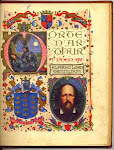







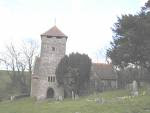
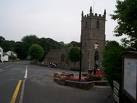


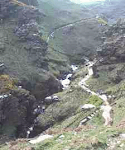

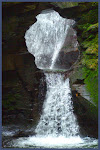


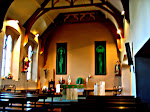









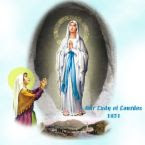


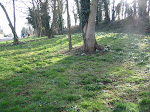

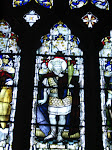
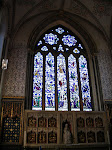
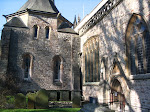
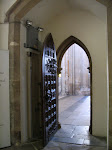
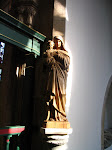


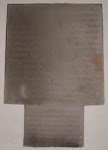



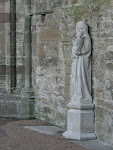









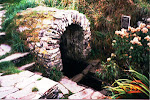


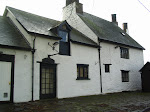
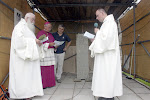



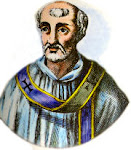
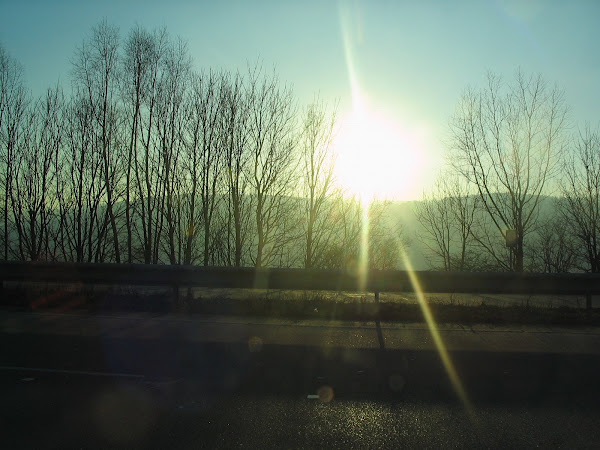


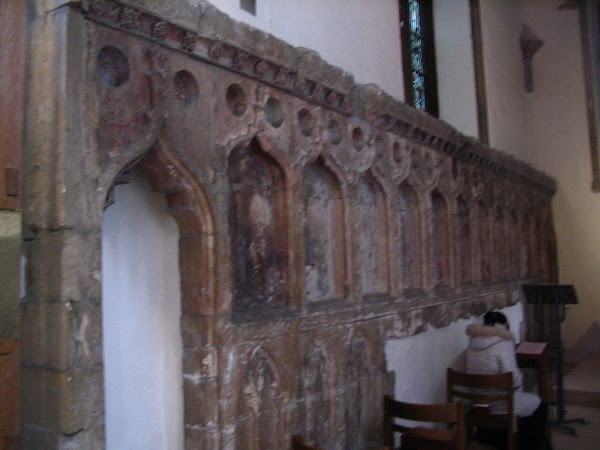
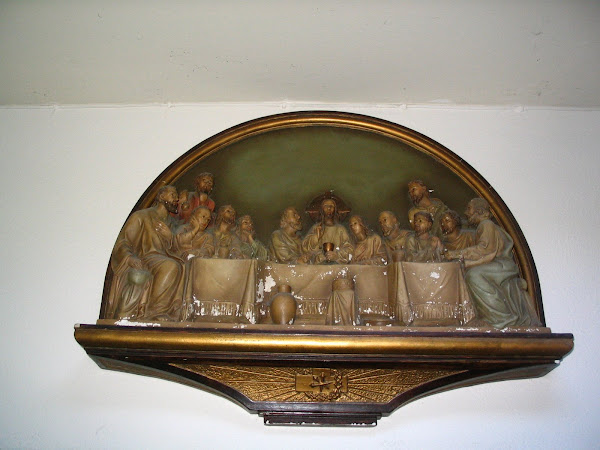




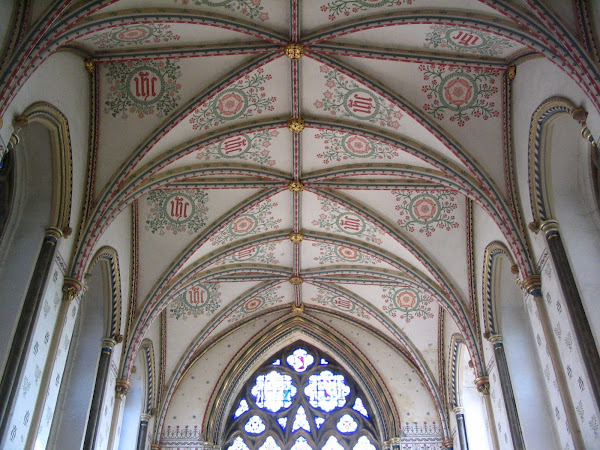


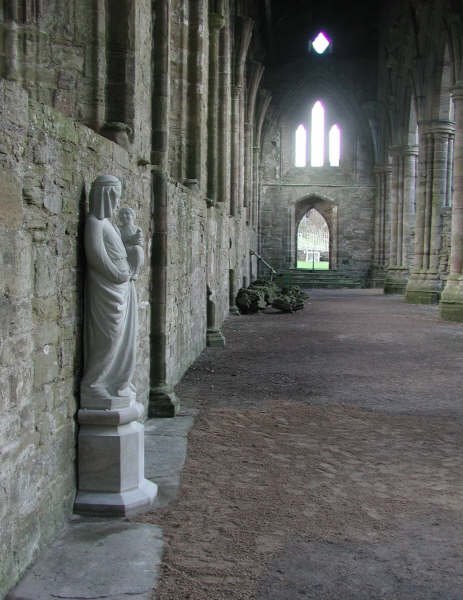
No comments:
Post a Comment